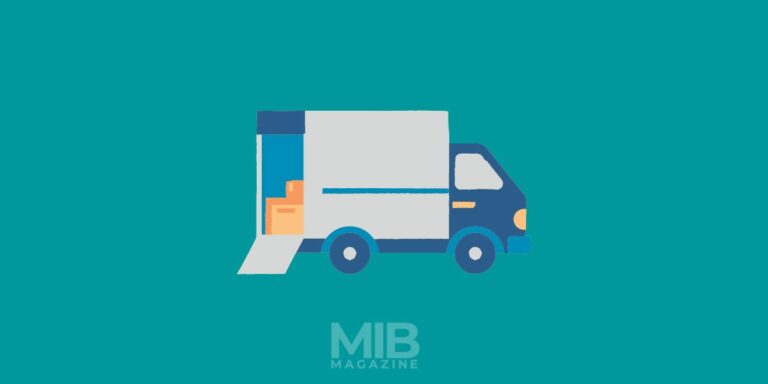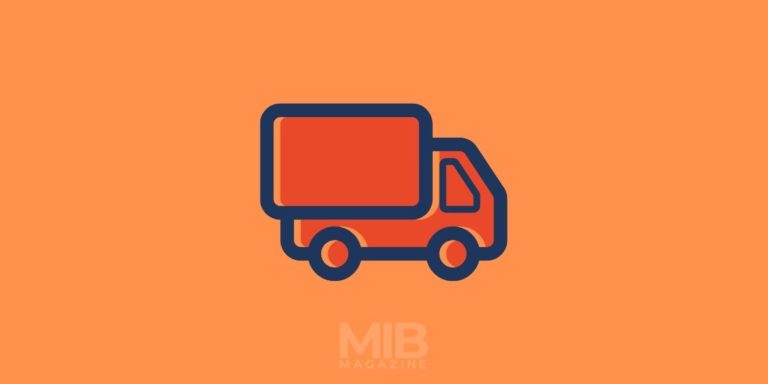What A Transportation Management System Is and How It Can Benefit Your Business

The transportation management system (TMS) is a platform that is used for the smooth operation of the shipping process which includes planning, execution, and optimization. This TMS is a variant of supply chain management and offers a transportation solution. The TMS enables the shippers to automate the processes to reduce the time and spend on future shipments. All the companies that are involved in the movement of freight face problems in the shipping process. These problems are solved by TMS.
The following three tasks are performed by the transportation management system.
- Find and compare the prices and services of the carriers
- Booking of shipment
- Tracking
The main objectives of the transportation management system are given below.
- To improve the shipping efficacy
- To reduce the shipping costs
- To gain real-time supply chain visibility
- To ensure customer satisfaction
Businesses in every industry use transportation management systems for smooth business operations. The TMSs are used by businesses, which use to ship, move, and receive goods on a regular basis. Following are major users of transportation management software.
- Shippers and carriers
- Manufacturers
- Distributors
- E-commerce organizations
- Retailers
- Wholesalers
- Third-party logistic providers or fourth-party logistic provider companies and logistic service providers.
Types of transportation management systems
Some of the transportation management systems focus on single-mode transportation but the majority of the systems support multimodal and intermodal transportation.
- Multimodal transportation system
In this type of MTS, a carrier that is single uses at least two modes of transportation and is responsible for fulfilling the terms of contact. It can also hire a subcarrier. Modes of transportation are Truck, rail, air, and sea.
- Intermodal transportation
Intermodal transportation requires more than one carrier and contract. This type of transportation gives shippers more control over carriers, prices, and modes of transportation. But this type of transportation makes shippers more responsible for managing the process.
Benefits of the transport management system
Supply chain management system is helped by transportation management systems because every part of the SCM process is affected by TMS from planning and procurement to logistics and life cycle management. Following are some of the benefits offered by the transportation management system.
- Automation of business operation which enables faster and more accurate billing and documentation
- Better compliance for import and export by minimizing penalties and shipment delays
- Reduction in the business cost and cost for the end customer
- Improvement in security and visibility especially in transit
- Simplification of supply chain processes
- Local and global tracking of freight on a single platform
- Mostly automatic processes but few manual means fewer delays and faster delivery time
- Its ability to scale the business by exceeding the customer demands like fast and on-time shipment
- Real-time updates and fewer shipment delays increase the customer compliance
The customer expectation keeps rising even though the transportation system is providing on-time deliveries which can be the same day, two days, or within three days, and real-time updates provided throughout the shipment process. Trade regulations of the world are changing and forcing supply chains to innovate to keep pace by investing in the transportation management programs.
Transportation management systems are becoming more advanced and offering more features. These systems are also giving faster responses to the customers and more information to the business. Companies are choosing emerging technologies to further improve visibility and offer better customer service.
You can buy a transportation management system that can also be installed into your already existing system or on enterprise resource planning (ERP) software and supply chain management system. By installing this software, boost your business.
Infographic created by Track Your Truck, a GPS vehicle tracking devices provider
A Transportation Management System (TMS) is a software system that helps companies manage the transportation of goods from one point to another. It typically provides features such as freight rate calculation, route optimization, load planning, order entry and tracking, invoicing and payment, and analytics. There are many benefits to using a Transportation Management System, including increased efficiency and cost savings, better visibility into planning and execution, improved customer service, real-time tracking and visibility, and comprehensive analytics. A Transportation Management System (TMS) works by providing a comprehensive interface between shippers, carriers, and customers. It automates the transportation process by providing tools to gather, analyze and utilize data, in order to optimize the cost and performance of freight movements. A Transportation Management System can be used by any company that needs to ship goods. This includes companies in the automotive, retail, manufacturing, food & beverage, and energy industries, among others. A Transportation Management System offers functions such as freight rate calculation, route optimization, load planning, order entry and tracking, invoicing and payment, and analytics. By providing features such as route optimization and freight rate calculation, a Transportation Management System can help to save on transportation costs. Additionally, the data it provides can be used to identify areas for improvement and streamline processes, leading to further savings. A Transportation Management System helps improve customer service by providing real-time tracking and visibility, so customers can easily track their shipment. Additionally, it can provide analytics that help to identify any potential delays or issues early on, so they can be addressed quickly. Yes, a Transportation Management System can integrate with other systems such as Enterprise Resource Planning (ERP) and Customer Relationship Management (CRM). This provides further data for analysis and optimization, and allows for the automation of processes. Yes, a Transportation Management System is secure, as it is built with advanced security protocols and protocols to ensure the safety of all data. All data transmissions are encrypted, and access is restricted to authorized personnel only. Yes, a Transportation Management System is highly customizable, allowing users to tailor the system to meet their specific needs. It can be personalized in terms of functions and features, and users can also customize data fields, reports, and analytics.
FAQs






